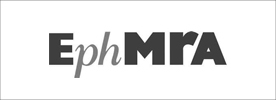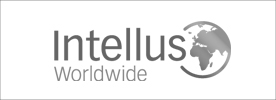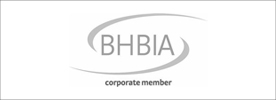Market Research on Blood Cancer (Myelofibrosis)
Recruitment.
- Countries
- Client Type
Market Research Agency (MRA)
- Therapeutic area
Oncology
- Respondents Recruited
- Germany: 52
- France: 53
- Italy: 50
- Spain: 52
- UK: 53
- Japan: 50
- Methodology
Online Survey
- Tracker
Bimonthly
- Wave number
6
- Services provided
Recruitment, Data Collection
Business Objective
Our client, a market research agency working on behalf of a leading pharmaceutical company, partnered with QQFS to recruit haematologists and haematology-oncologists with expertise in treating myelofibrosis across Europe and Japan. Due to local market variations in the UK, Germany, France and Italy oncologists could also be targeted for this condition.
This project marked the sixth wave of an ongoing longitudinal study, initiated in 2023, aimed at gaining deeper insights into the treatment landscape of this rare blood disorder. The survey was designed to identify unmet needs, particularly in the areas of anaemia management, transfusion dependency, and the lack of third-line therapies. It also analysed prescribing trends and product performance, such as JAK inhibitors, while exploring possible discrepancies between European markets and Japan.
Challenges
The eligibility criteria for participants required experience treating a minimum of five intermediate or high-risk myelofibrosis patients in the past 12 months. This presented difficulties, due to the following reasons:
- Rarity of the Condition: Myelofibrosis is a rare type of blood cancer, which inherently limits the pool of eligible respondents. High-risk patient profiles are even less common, making it challenging to identify practitioners who meet the experience threshold
- Strict Eligibility Criteria: Requiring experience with a specific number of patients in a short timeframe (12 months) further narrows the pool of qualified participants. Physicians in regions with lower case incidence may struggle to meet this criterion, even if they are otherwise experienced in treating myelofibrosis
- Tracker Study Limitations: Since this was a tracker study, there was a constraint against re-inviting the same respondents repeatedly
- Regional Variations in Treatment Practices: In Germany and France, there may be differences in the healthcare system, patient referral pathways, or access to specialized care that affect the number of high-risk myelofibrosis patients treated by individual physicians
- Sample Overlap: Limited to 50%
Key Takeaways
Despite the challenging screening criteria, QQFS successfully delivered the project on time. A key focus was ensuring strict adherence to local regulations, especially in Japan, where market-specific guidelines are highly stringent. Leveraging its regional expertise, QQFS adapted the study to account for differences in therapeutic practices and regulatory environments across markets.
QQFS also optimised the sampling approach, prioritising the recruitment of highly specialised healthcare professionals. This was crucial for maintaining data quality given the complexity of the therapeutic area. To ensure robustness of the sample, QQFS strategically managed the sample overlap between waves, maintaining 50% overlap between consecutive groups of participants. This overlap allowed for continuity in the data which QQFS has secured by keeping participant engagement high throughout the process. At the same time involvement of the custom recruitment team played a significant role in securing new participants for each wave.
Client Impact
The client expressed overall satisfaction, particularly praising proactive communication and the team’s ability to adapt to the challenges faced during recruitment. They appreciated the efforts made to overcome the complexities of the IRB process, as well as the successful recruitment of both patients and physicians in Japan. The collaborative approach taken by QQFS not only ensured the successful completion of this phase but also established a strong foundation for the subsequent stages of the study.



